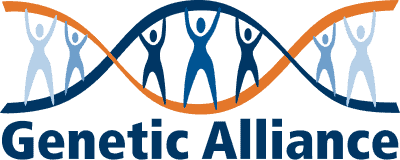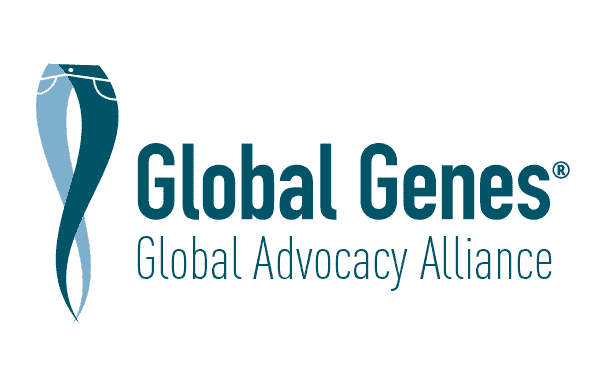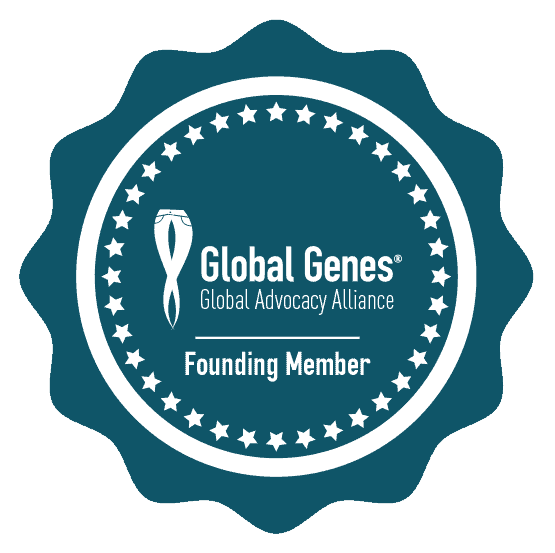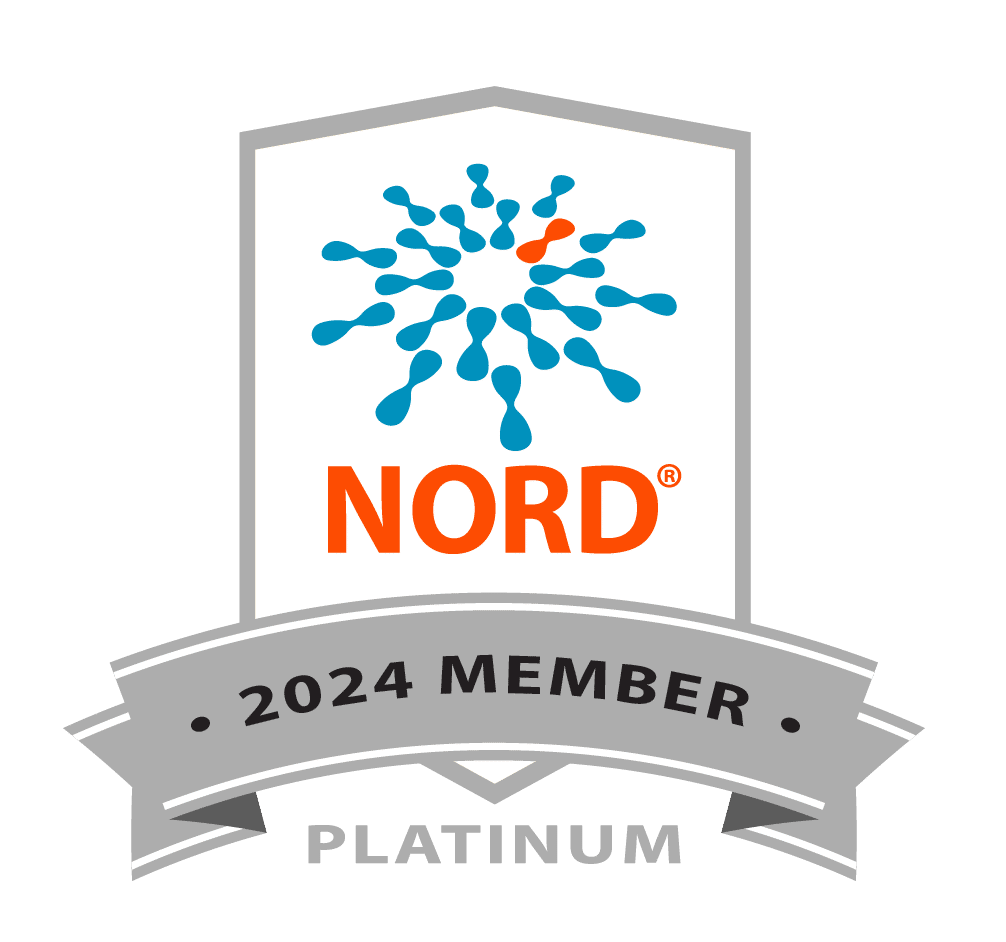Researchers
Clinical Director, Gilbert Family Neurofibromatosis Institute
Associate Professor, Department of Pediatrics and Neurology
Children’s National
Dr. Acosta’s primary area of interest is the manifestation of developmental disabilities and their associated biological markers. As Clinical Director, Dr. Acosta leads multiple projects neurofibromatosis type 1 (NF1), specifically focusing on learning disabilities and the developmental effects of NF1 and understanding the associated biological markers. One of Dr. Acosta current projects is a multi-center cooperative study to identify biological markers associated with cognitive deficits in children with NF1. Many other projects are aimed at understanding the various disease manifestations of neurofibromatosis.
http://childrensnational.org/FindADoctor/Profiles/Maria-Acosta-1666.aspx
Gideon Bollag, PhD
CEO
Plexxikon
Plexxikon uses a structure-guided approach to discover novel compounds for the treatment of diseases with high unmet need. In oncology, one focus is on subsets of patients with oncogenic drivers that can be targeted with specific inhibitors. A second therapeutic approach involves targeting the pro-tumor microenvironment. This discovery platform has led to ongoing clinical trials with multiple compounds, and one FDA-approved drug for metastatic melanoma.
Ross L. Cagan, PhD
Professor, Dept. of Developmental and Regenerative Biology
Associate Dean, School of Biomedical Sciences
Icahn School of Medicine at Mount Sinai
Bruce D. Gelb, MD
Director, Mindich Child Health and Development Institute
Co-Director, Cardiovascular Genetics Program
Icahn School of Medicine at Mount Sinai, New York, NY
The Gelb research group is carrying out translational research concerning the RASopathies, both in the laboratory and the clinic. We have ongoing work to identify additional genes causing RASopathies, studies with cells and animals to understand how the gene changes case the various aspects of them, and research to identify possible treatments for those traits. We are part of the patient registry study of RASopathy-related hypertrophic cardiomyopathy sponsored by Novartis and part of the NIH-funded TRND program (Principal Investigators: Maria Kontaridis and Amy Roberts) aiming towards trying a medicine for hypertrophic cardiomyopathy for patients with Noonan syndrome with multiple lentigines (formerly, LEOPARD syndrome).
http://icahn.mssm.edu/profiles/bruce-d-gelb
Tamar Green, MD
David A. Stevenson, MD
Center for Interdisciplinary Brain Sciences Research
Stanford University, Stanford, CA
Seeking participants
Study of brain and cognitive development in boys and girls with Noonan syndrome
The project is a pilot study looking at Noonan Syndrome in children (ages 4-11). We are hoping to recruit ten families of children with a confirmed PTPN11 mutation to participate in a two-day visit to Stanford University, which will include neuropsychological testing and an MRI. Families who choose to participate will have travel arrangements covered by the study, and will receive a summary of the testing results for participating and a small monetary honorarium for participating.
http://cibsr.stanford.edu/participating/currently-enrolling/noonansyndrome.html
Click HERE for the flyer for families interested in participating.
Contacts:
Raul Barete or Bhavana Rai
noonanbrain@stanford.edu
(650) 440-1902
Karen W. Gripp, MD, FAAP, FACMG
Chief, Division of Medical Genetics, AI du Pont Hospital for Children
Professor of Pediatrics, T. Jefferson Medical College
AI du Pont Hospital for Children/Nemours, Wilmington, DE
Dr. Karen Gripp is the director of the RASopathies program at the A.I du Pont Hospital for Children in Wilmington, DE. Her research is focused on how these conditions, including Noonan syndrome, Neurofibromatosis type 1, CFC and Costello syndrome, affect the individuals. Improved understanding of how specific gene mutations affect the person will ultimately allow for improved medical care. Dr. Gripp collaborates with Katia Sol-Church, PhD, director of the biomolecular core laboratory, on the laboratory aspects of this work. This collaboration combines research expertise in the clinical and the laboratory area, and has resulted in numerous publications and reviews. These publications provide information for families, because they can be shared with treating physicians anywhere.
http://findaprovider.nemours.org/Search/Profile/183
Maria Irene Kontaridis, PhD
Assistant Professor of Medicine
Harvard Medical School
Department of Cardiology
Beth Israel Deaconess Medical Center
My research program focuses on the fundamental mechanisms underlying both congenital heart disease and end-stage heart failure, and the mechanisms therein that lead to abnormal development, aberrant molecular signaling, and disease onset. Our lab uses a myriad of tools and techniques in conjunction with in vivo mouse model systems which together provide valuable mechanistic and functional information in understanding the differential signaling pathways and developmental processes leading to cardiac disease. Our lab has three main interests: 1) elucidation of the cardiomyogenic defects associated with Noonan and LEOPARD Syndromes, two autosomal dominant congenital disorders primarily caused by unique mutations in the protein tyrosine phosphatase Shp2; 2) understanding the functional role and mechanisms by which Shp2 activity is involved in the development of Systemic Lupus Erythematosus; and 3) elucidating the potential cardioprotective effects of the small G protein RhoA in the adult heart through identification of novel signaling pathways involved in cardiac pathogenesis.
http://connects.catalyst.harvard.edu/Profiles/display/Person/7916
http://www.bidmc.org/Research/Departments/Medicine/Divisions/CardiovascularMedicine/MariaKontaridisLaboratory.aspx
Bruce R. Korf, MD, PhD
Wayne H. and Sara Crews Finley Chair in Medical Genetics
Professor and Chair, Department of Genetics
Director, Heflin Center for Genomic Sciences
University of Alabama at Birmingham
My major research interests are in the genetics, natural history, and treatment of neurofibromatosis. I am involved in studies of genotype-phenotype correlations, development of new animal and cell culture models for drug discovery, and serve as principal investigator of the NF Clinical Trials Consortium.
http://services.medicine.uab.edu/facultydirectory/FacultyData.asp?FID=3267
Frank McCormick, PhD, FRS
Director, UCSF Helen Diller Family Comprehensive Cancer Center
University of California San Francisco (UCSF)
My research is focused on signal transduction pathways in cancer cells, and ways of treating cancer based on these pathways. The Ras pathway has been my primary interest, although we are also interested in metabolic differences between cancer cells and normal cells, and defects in cancer proteins related to mitotic checkpoints. My lab is attempting to understand how oncogenic Ras alters cell growth and survival in cancer cells, and in cells from patients suffering from neurofibromatosis. The Ras pathway is negatively regulated by intrinsic pathways that are not well understood, including those involving ephrins and sprout proteins. We are using biochemical methods to elucidate these pathways at the molecular level, and hope that this will lead to new ways of blocking Ras activity for therapeutic purposes.
http://cancer.ucsf.edu/people/profiles/mccormick_frank.3382
Ludwine M. Messiaen, PhD, FACMG
Professor in Genetics
Director, Medical Genomics Laboratory
Department of Genetics, University of Alabama at Birmingham
My research is focused on the development and provision of comprehensive genetic testing for a number of rare and common genetic disorders. My laboratory currently offers molecular diagnostic testing for all forms of neurofibromatoses (NF1, NF2, schwannomatosis, spinal NF, NF-Noonan, segmental or mosaic NF), Legius syndrome, and the ras-o-pathies. We explore NF1 genotype-phenotype correlations using several complementary approaches. Our research also focuses on gene identification in patients with a phenotype overlapping with the neurofibromatoses in whom none of the so far known genes were proven causal.
https://www.uab.edu/medicine/genetics/medical-genomics-laboratory
Benjamin G. Neel, MD, PhD
Director
The Laura and Isaac Perlmutter Cancer Center
NYU Langone Medical Center
http://nyulangone.org/locations/perlmutter-cancer-center
Rene Pierpont, PhD
Pediatric Neuropsychology Fellow
University of Minnesota Medical School
Dr. Pierpont’s research on the RASopathies has focused on cognitive and behavioral characteristics of Noonan syndrome and CFC syndrome. The goal of this research is to investigate the nature of common behavioral and learning issues, and to identify risk and protective factors for neuropsychological impairments. Eventually, Dr. Pierpont aims to develop treatment interventions that can enable children with RASopathies to achieve their full potential academically, socially and emotionally.
https://sites.google.com/site/renepierpontphd/
Katherine A. Rauen MD, PhD
Professor, Department of Pediatrics
Chief, Division of Genomic Medicine
Albert Holmes Rowe Endowed Chair in Human Genetics II
Director, NF/Ras Pathway Clinic
UC Davis MIND Institute
[more information to come]
Amy E. Roberts, MD
Asst. Professor of Medicine
Boston Children’s Hospital
Our current research has three aims: a) Discover new genes that cause Noonan syndrome; b) For those with a known mutation, look for genotype henotype correlations (e.g. how does a particular gene change predict specific medical or developmental issues); c) Better understanding of learning and memory issues for children with NS.
http://www.childrenshospital.
Stanislav Y Shvartsman, PhD
Principal Investigator, Shvartsman Lab
The Lewis-Sigler Institute for Integrative Genomics
Princeton University, New Jersey
Our laboratory is working on the quantitative biology of RASopathies. We are developing new ways to explore the altered biochemical activities of the mutant variants of the RAS pathway components and their effects of on developmental dynamics. Current projects include systems biochemistry of protein phosphorylation networks and quantitative studies of RAS-dependent tissue patterning and morphogenesis.
Alcino J Silva, PhD
Professor in the Departments of Neurobiology, Psychiatry & Biobehavioral Sciences, and Psychology,
Director, Integrative Center for Learning and Memory
University of California, Los Angeles
Intellectual disability is common in Rasopathies. The inherent complexity of these cognitive deficits, and the complications of pursuing their study in patients, motivated us to study them in mice. We have shown that different mouse models of various Rasopathies, including Neurofibromatosis type I (NF1) and Noonan syndrome, have very learning deficits that have striking similarities to the deficits in the associated disorder. Our biological studies of these mouse models have yielded not only the mechanisms for the learning deficits (e.g., increased inhibition that leads to deficits in plasticity in NF1) but also a treatment (lovastatin).
David A. Stevenson, MD
Associate Professor of Pediatrics
Stanford University
Stanford, California
Dr. Stevenson’sresearch focuses on disorders of the RAS/MAPK pathway (e.g. NF1, Noonan, CFC, and Costello syndrome). He is working on understanding the impact of RAS signaling on the musculoskeletal system. Through multi-disciplinary collaborations he uses genomic approaches to identify somatic events and modifiers in the RASopathies. He is also involved in identifying outcome measures for use in clinical trials for the associated orthopedic manifestations.
https://profiles.stanford.edu/63227?tab=research-and-scholarship
Lauren A. Weiss, PhD
Assistant Professor, Department of Psychiatry
University of California, San Francisco
Dr. Lauren Weiss and her team want to understand how background genetic differences influence variable features among individuals with RASopathies and related disorders. The current focus of this research is on neurocognitive traits, such as social and communication abilities and personality profiles, but can be extended to other traits. This research may help understand traits in the general population, so it may ultimately benefit not only families affected by RASopathies, but also those affected by common disorders like cancer and autism.
Institute of Biochemistry & Molecular Biology II
Heinrich-Heine University
My research focuses on structure-function relationships in the RAS interaction with its regulators, effectors and accessory proteins, which can be summarized in two main themes: (i) Biomolecular control mechanisms and (ii) signaling networks of disease-relevant signal transduction pathways. Discovering and understanding of new control mechanisms of the RAS signaling network will constitute a crucial basis for the development of novel treatment strategies for RASopathy patients.
Ion Cristian Cirstea, PhD
Group Leader, “RAS Biology Research Group”
Institute of Comparative Molecular Endocrinology
Ulm University, Germany
My research focuses on the molecular mechanisms leading failure to thrive in Costello syndrome patients, with the help of a Costello Syndrome mouse model. Also, we are studying the dysregulated signaling leading to age-worsening pathologies (osteoporosis, metabolism, cardiomyopathy, cancer). We expect to gain insights in the molecular bases of these pathologies and, ultimately, testing small molecules that may improve the well-being of Costello syndrome patients.
https://www.uni-ulm.
Christian Kratz, MD
Professor of Pediatrics
Department Chair: Pediatric OncologyPediatric Hematology and Oncology
Hannover Medical School
Carl-Neuberg-Str. 1, 30625 Hannover
Studies on cancer risk associated with Ras pathway mutations
http://intranet.mh-hannover.de/kinderonkologie.html?&MP=4-8344
Kerstin Kutsche, PhD
Institute of Human Genetics
University Medical Center Hamburg-Eppendorf
We are interested in finding novel genes for RASopathies by whole exome sequencing in mutation-negative patients and establishing a genotype-phenotype correlation. We also study the functional consequences of previously identified and novel disease-associated mutations. We expect to gain new insight into the genetics of RASopathies and their underlying pathophysiological basis as well as in the complex regulatory network of the RAS-MAPK signaling pathway.
Martin Zenker, MD
Professor for Human Genetics
Institute of Human Genetics, University Hospital Magdeburg, Leipziger Str. 44, 39120 Magdeburg, Germany
We have been involved in and are still working on projects regarding genetic changes that cause RASopathies: identification of novel genes and functional characterization of mutations in either known or novel genes. Directly related to this is our research on genotype phenotype correlations: to what extent can individual mutations predict the outcome, what changes are associated with specific risks such as tumor, progressive heart disease etc. For this purpose we have developed a genotype phenotype database (nseuronet.com). We have started on basic research regarding neurocognitive issues in RASopathies and are shifting our focus on pre-clinical research aimed at the identification of innovative treatment approaches.
Centro Malattie Rare e Difetti Congeniti
Department of Pediatrics
Università Cattolica Sacro Cuore
RASopathies research interests: diagnosis and management, in particular gastrointestinal and nutritional problems, muscle-skeletal and neurological problems (intellectual disability, epilepsy).
Ype Elgersma, PhD
Professor of Molecular Neuroscience
Department of Neuroscience
Erasmus University Medical Center and Scientific director of ENCORE Expertise Centre for Neurodevelopmental Disorders
Our lab seeks to get insight in the molecular mechanisms underlying intellectual disability caused by a genetic mutation. Central to our approach is the use of genetically engineered mice as a tool to dissect these mechanisms. Mice we currently work on, are models of Neurofibromatosis, Costello syndrome, Tuberous sclerosis complex and Angelman syndrome. The mice are analyzed at the biochemical, cellular and behavioral level. By analyzing the mutant mice at all these levels we hope to understand the specific function of these genes and proteins in synaptic plasticity, and to get insight in the mechanisms that underly cognitive impairments.
To translate our findings to the clinic, we have founded the ENCORE expertise center for neurodevelopmental disorders (http://www.erasmusmc.nl/
Jesus Lacal, PhD
Associate Professor
Group of Functional Genetics of Rare Diseases
Division of Genetics – University of Salamanca, Spain
We focus on the study of functional genetics in Noonan syndrome, Legius syndrome and neurofibromatosis type 1, and the molecular mechanism behind them.
I also work with the Pediatric unit of Rare Diseases of the University Hospital of Salamanca.
website: https://diarium.usal.
email address: jlacal@usal.es
phone number: +34 663 030 885




